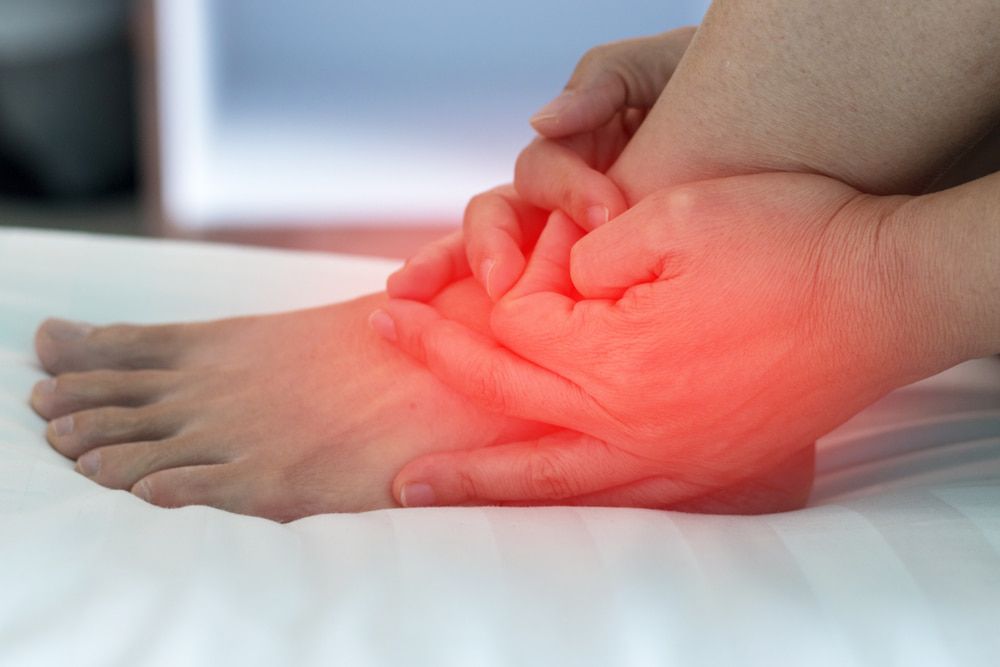We Treat Achilles Tendonitis in Darwin
Personalised Services
Small & Private Clinic
Central Location
Weekly Satellite Clinic
Understanding Achilles Tendon Pain
At Swan Podiatry and Orthotics, serving both Darwin and Katherine, we understand that Achilles tendonitis can affect individuals of all activity levels, from seasoned athletes to those who engage in occasional exercise.
The Achilles tendon, which connects the calf muscle to the heel bone, plays a crucial role in foot movement, especially when walking or running. However, certain factors can lead to strain or injury. Poor foot and leg alignment, tight calf muscles and wearing improper footwear are some of the common contributors to Achilles tendon pain. These issues can lead to inflammation, swelling and discomfort, particularly when pushing off with the foot during physical activities.
While these conditions may not always be preventable, identifying early signs of discomfort can be helpful in managing symptoms before they worsen. It is important to consider how daily routines and footwear choices can affect the health of your Achilles tendon, as addressing contributing factors early may alleviate pain and improve mobility.
Reach out to our team by calling 0428 976 360–start getting your Achilles tendonitis under control today.
Treatment Options for Achilles Tendon Pain
The treatment for Achilles tendon pain can vary based on the severity of the condition. At Swan Podiatry and Orthotics, we offer non-surgical options such as stretching and strengthening exercises for the calf muscles. These exercises may improve flexibility and reduce strain on the tendon. Heel raises are another technique used to support proper movement and reduce tension on the Achilles. Additionally, custom orthotics may be recommended if the pain is due to biomechanical abnormalities, such as poor foot alignment. These interventions aim to reduce discomfort and promote healing.
In more severe cases, where there is a complete rupture of the Achilles tendon, surgical intervention may be necessary. It's important to consult with a healthcare professional to determine the most appropriate treatment plan based on individual needs and the extent of the injury. Reach out to our team to book a consultation today.









